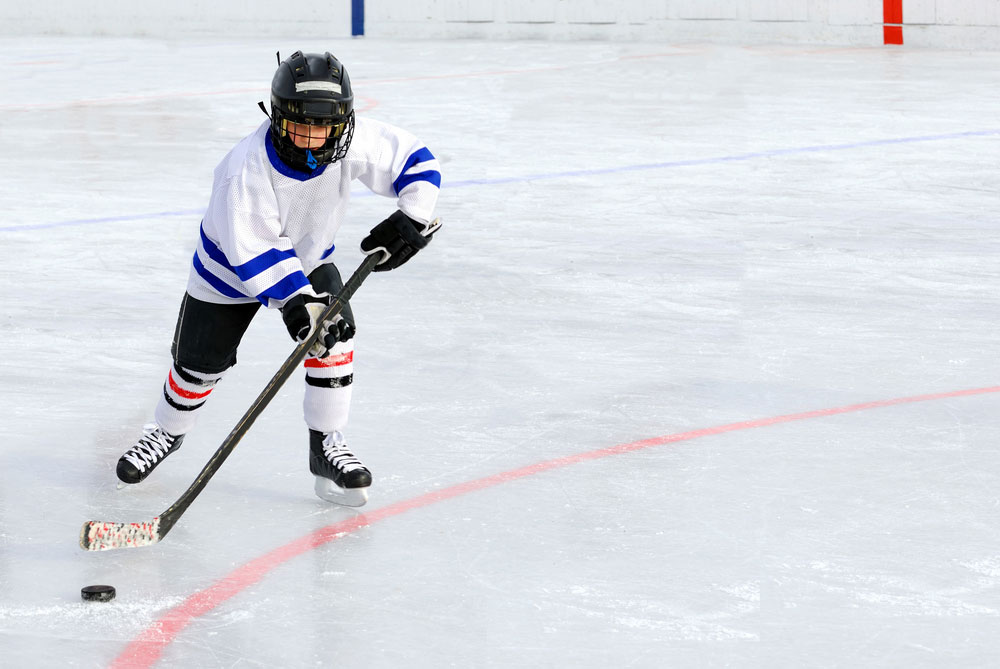Youth Hockey Rule Changes May Reduce Injuries

Get the world’s most fascinating discoveries delivered straight to your inbox.
You are now subscribed
Your newsletter sign-up was successful
Want to add more newsletters?
Join the club
Get full access to premium articles, exclusive features and a growing list of member rewards.
Changing youth hockey rules to limit bodychecking, a type of defensive technique, may reduce injuries, a new study suggests.
The researchers pooled information from 13 previous studies in Canada and the United States, all looking at the effects of changing hockey rules to lessen aggression. Most commonly, the studies involved minors and examined the impact of prohibiting bodychecking. This occurs when a player uses his body to try to separate the puck from the player controlling the puck. The studies compared the rates of penalties and injuries in hockey games in which bodychecking was allowed to those in which it was not allowed.
Rule changes led to a drop in penalties and injury rates in nine studies. The average number of penalties decreased by as many as six per game, and injury rates decreased up to twelve-fold, the researchers said.
"A change toward different rules and their strict enforcement combined with universal education, structural changes in hockey governance, financial and other incentives for safe play and disincentives for unsafe play holds promise for curbing aggression-related injury," the researchers wrote. Brain and spinal cord injuries among hockey players have been increasing over the past 15 years and are often the result of aggressive bodychecking, the researchers said. In players ages 9 to 16, brain injuries account for 15 percent of all injuries
Three studies examined the impact of awarding points to teams at the end of the season provided they stayed below a certain number of penalties, and these studies showed a decrease in the number and severity of penalties overall.
The researchers also looked at the effects of educating players about respectful play, but these studies were too small to determine whether this was helpful, the researchers said.
The study appears today (Dec. 3) in the Canadian Medical Association Journal.
Get the world’s most fascinating discoveries delivered straight to your inbox.
Pass it on: Rules to prohibit bodychecking in youth hockey may reduce injuries.
Follow MyHealthNewsDaily on Twitter @MyHealth_MHND. We're also on Facebook & Google+.
 Live Science Plus
Live Science Plus











